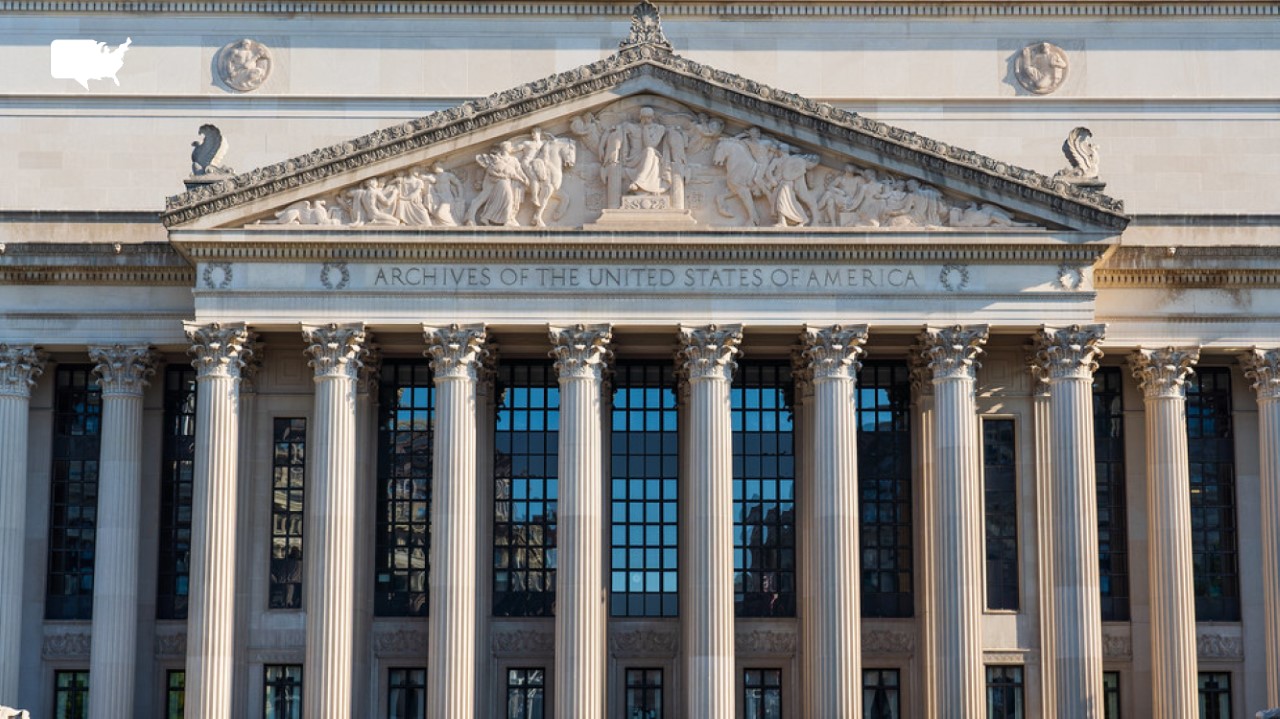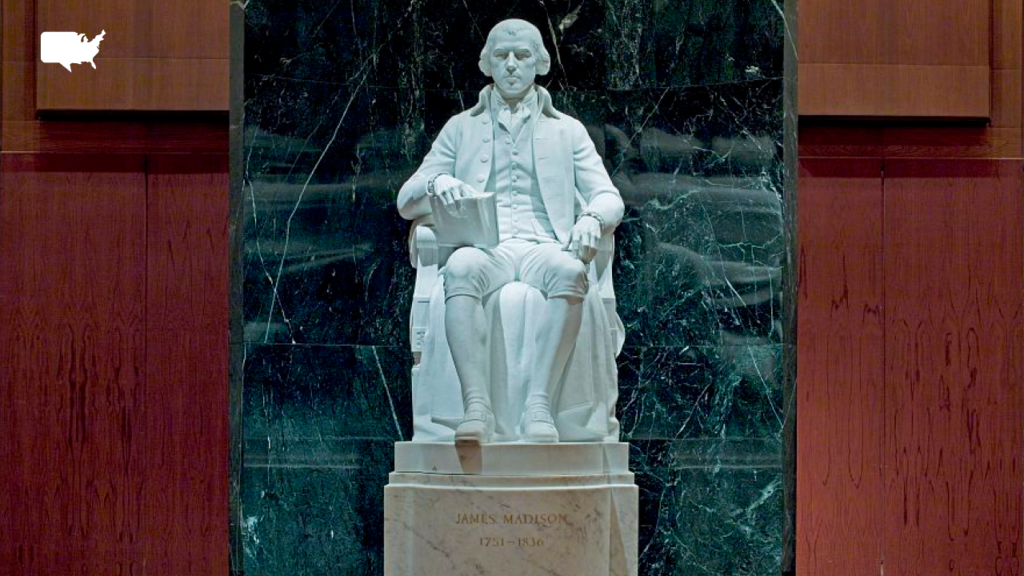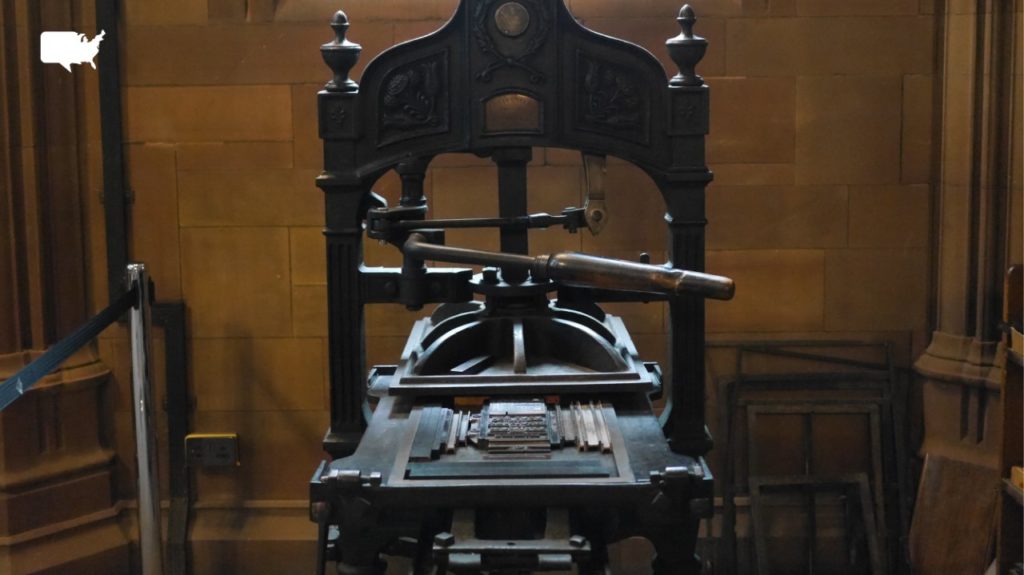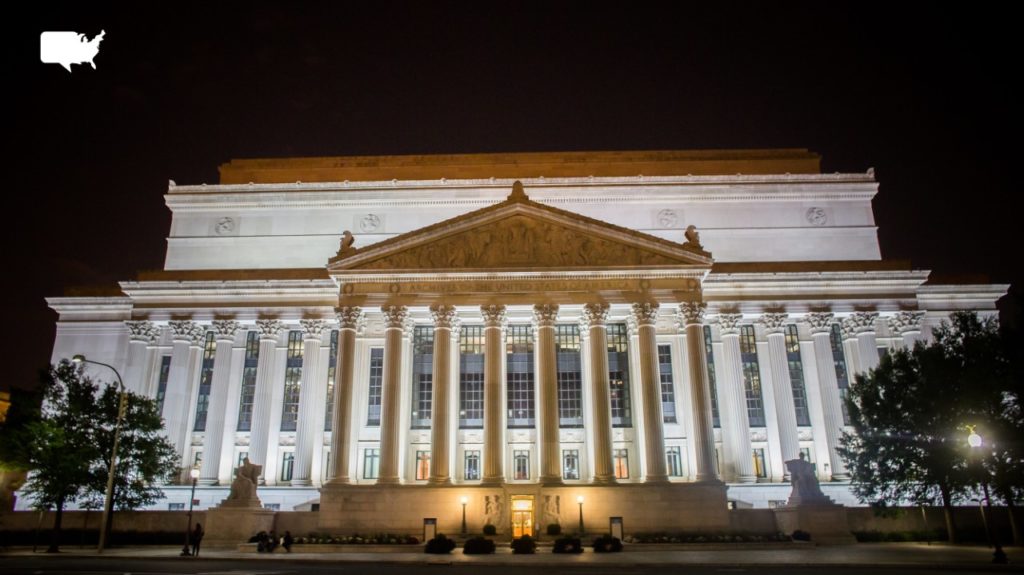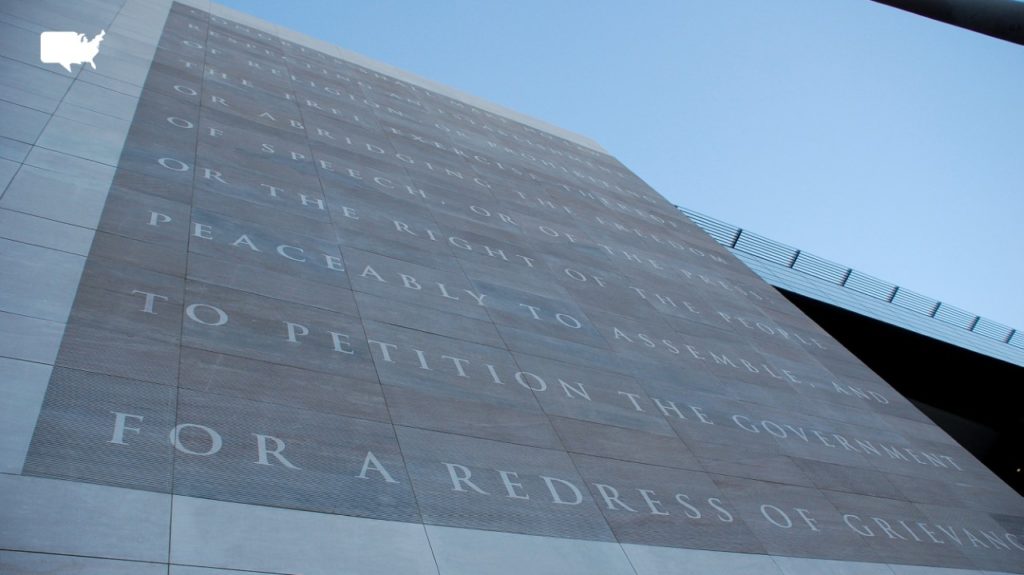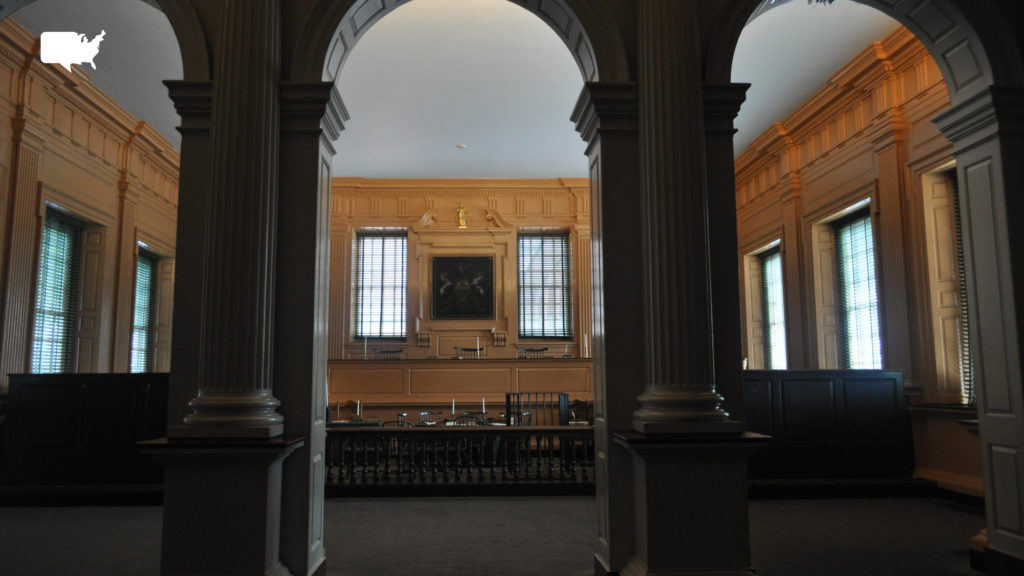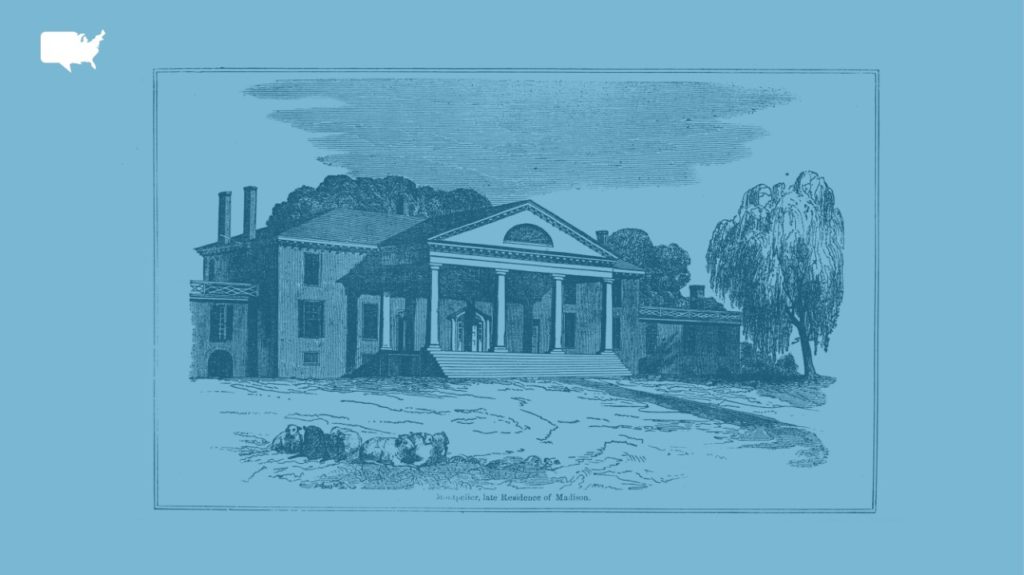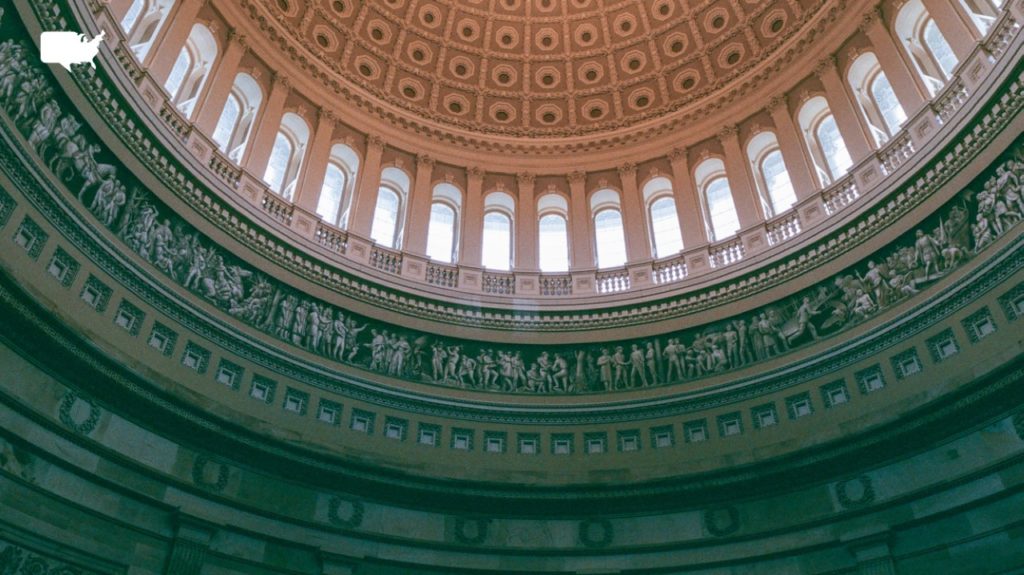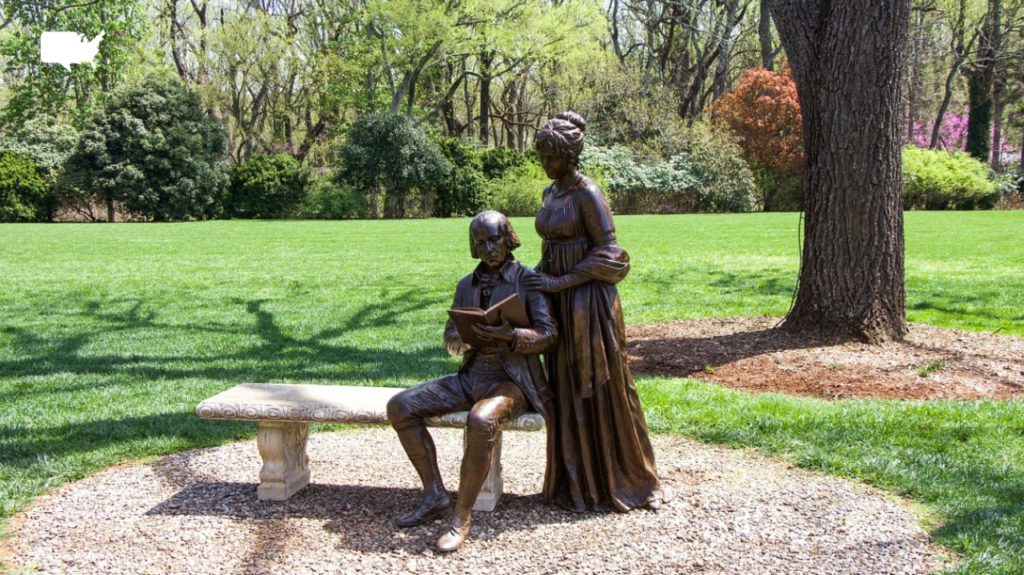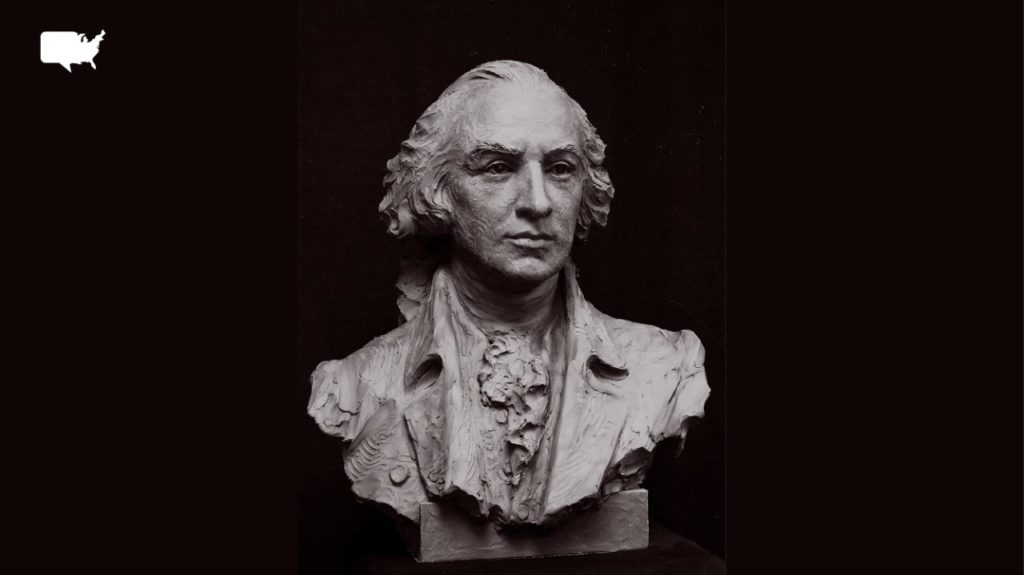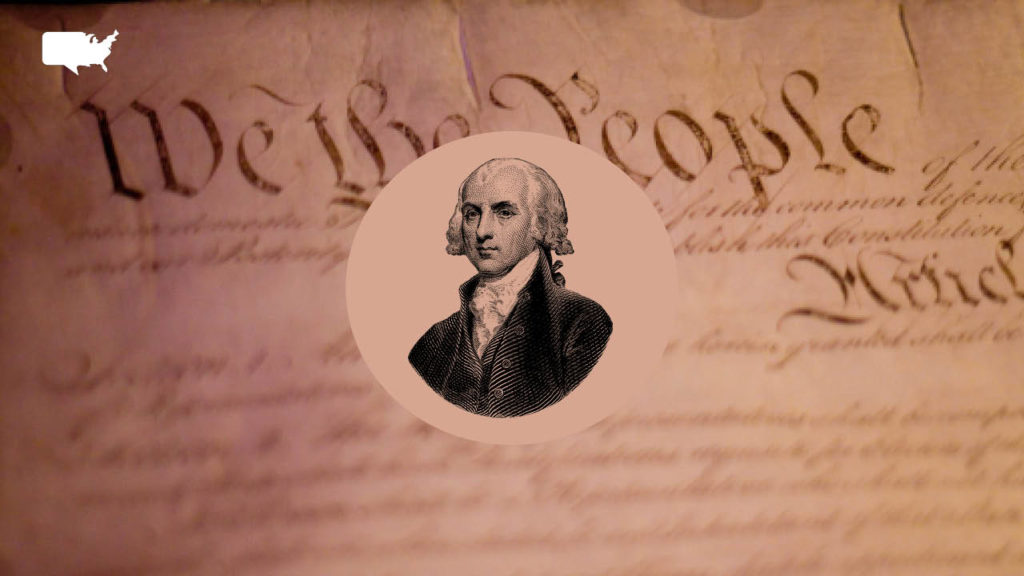James Madison’s lasting influence and prescience are undeniable. His most widely recognized historical contributions include his roles as chief architect of the Constitution at the Philadelphia Convention, “stenographer in chief” of its proceedings, major contributor to the Federalist Papers, and 4th President of the United States. But Madison also set the bounds of debates on issues that are undeniably relevant to modern American politics, including American national identity and the development and dangers of political parties.
The contributions to this symposium examine the historical contributions of Madison’s political thought and invite a reexamination of its contemporary value. Venturing outside of Madison’s highlight reel, they pose questions that reframe his influence while mapping connections to the insights he provides to the landscape of modern American politics.
Toward these goals, Colleen A. Sheehan delivers a Madisonian argument for free speech in the modern age. Lee Ward engages in a deep dive into Madison’s reflections on federalism in the months prior to the Constitutional Convention. Sanford Levinson argues that Madison was not the “father of the Constitution” and calls for a DNA test on the true “paternity” of the document. Alan Gibson responds that this question is needlessly patriarchal, while also asserting that Madison was, to be sure, uniquely central to the constitutional moment of 1786-1789. Levinson responds in kind to Gibson with an exploration of the contours of their agreements and disagreements.
Additionally, Cary Federman delivers an essay on Madison’s vision for a free press in a republic. Michael Zuckert explores a Madisonian perspective on slavery. Lynn Uzzell dives into the nature and interpretation of Madison’s extensive note-taking and documentation while Gregory Spindler explores whether Madison was a strict constructionist. Finally, Kevin Cherry frames Madison’s Federalist essays as Aristotelian political education.
- All
- Articles
- Conversations
- Madison Symposium
- Podcasts

